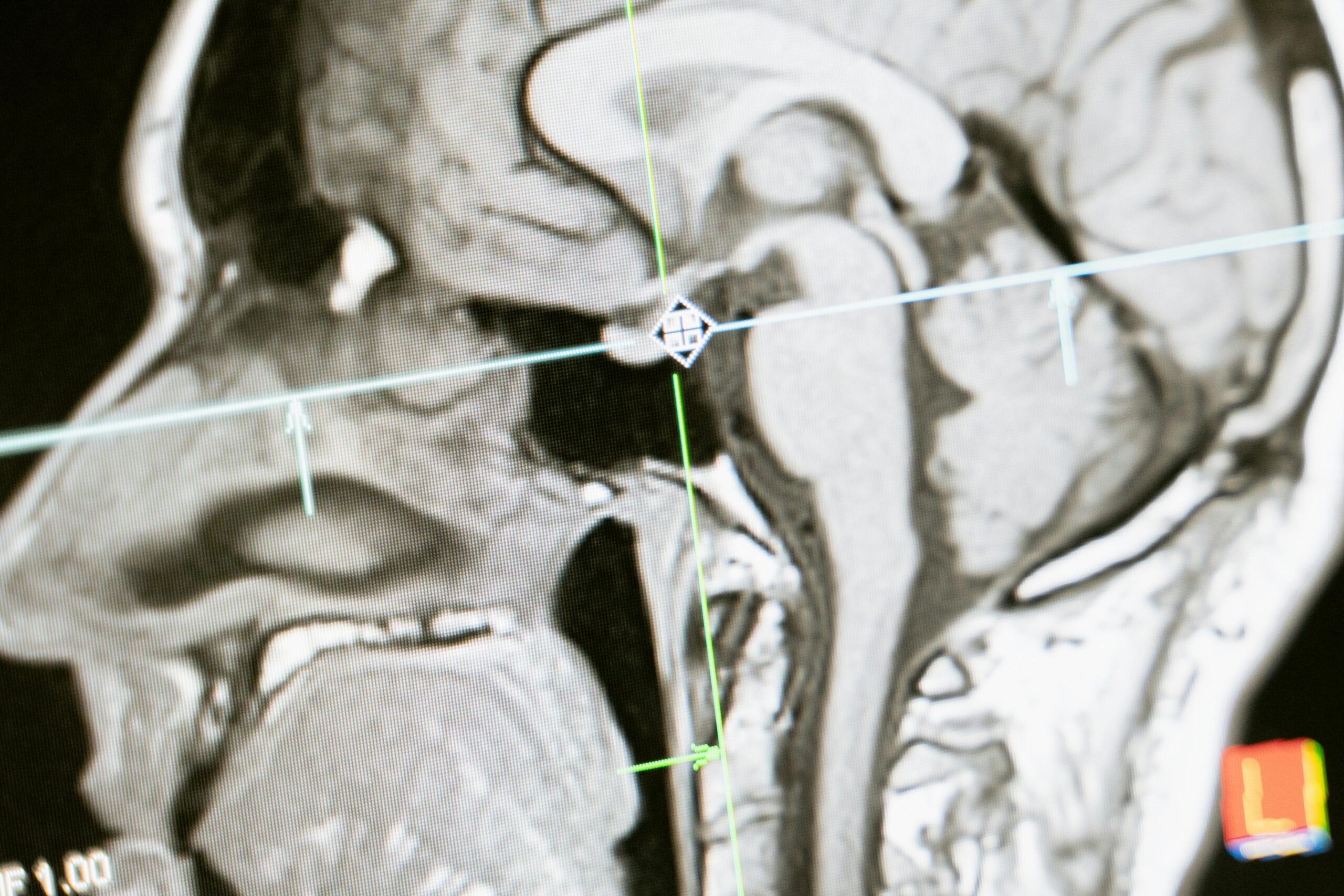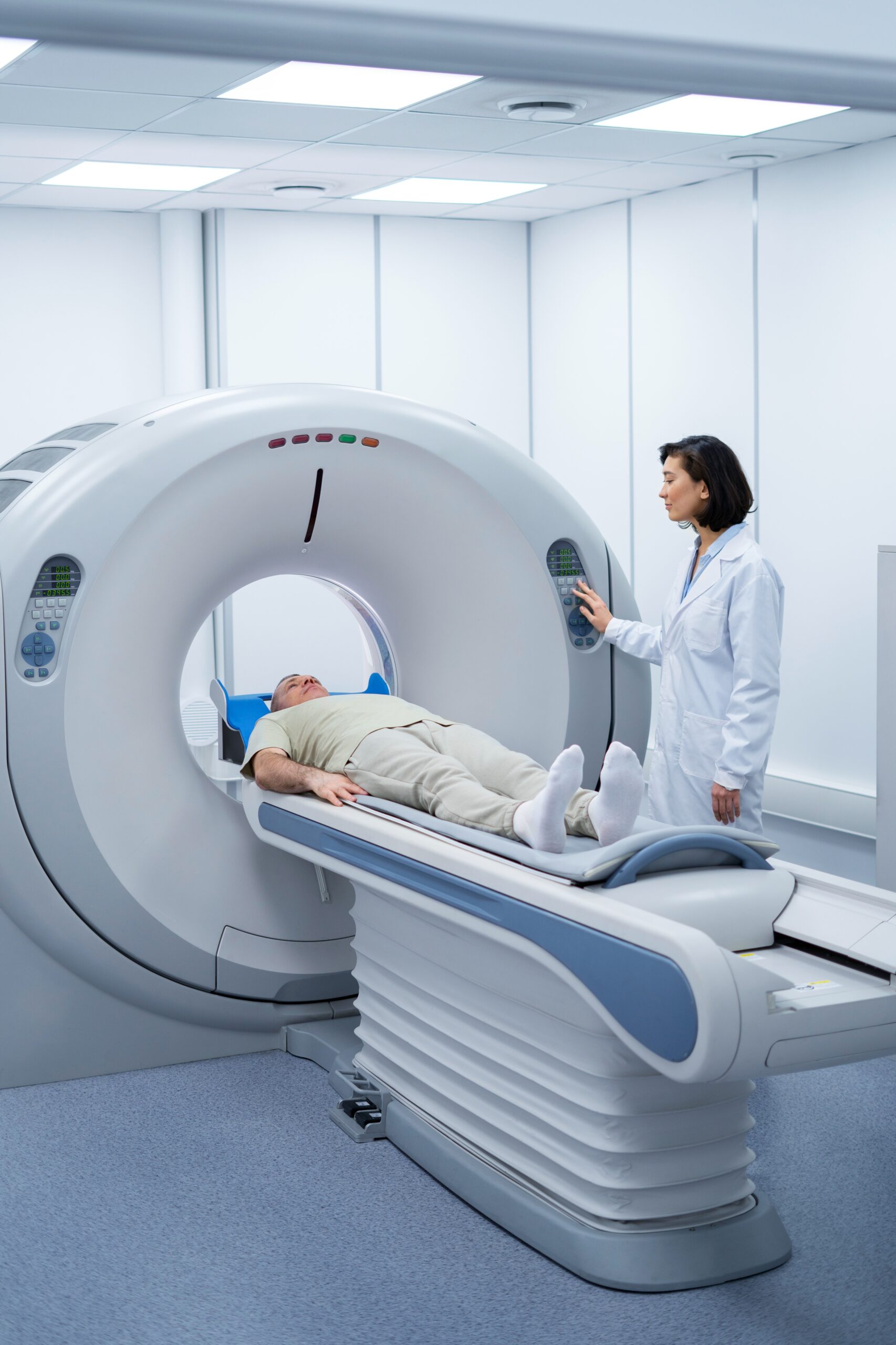Category: Health Challenges
-

Gentle Ways to Manage Cancer-Related Fatigue: From Restorative Yoga to Herbal Support
Cancer-related fatigue (CRF) is not just ordinary tiredness—it’s a persistent, overwhelming exhaustion that doesn’t improve with rest. In contrast to ordinary fatigue, CRF can be brought on by anemia, stress, inflammation, or cancer therapies, making daily tasks feel draining. Thankfully, mild, all-encompassing methods can help control chronic weariness and enhance quality of life. Understanding Cancer-Related…
-

The Impact of Circadian Rhythm on Cancer Treatment and Recovery
Circadian rhythms are physical, mental, and behavioral changes that follow a 24-hour cycle. Light and dark are the primary stimuli for these natural processes, affecting most living organisms, including microorganisms, plants, and animals. Chronobiology is the study of these rhythms. Sleeping at night and remaining awake during the day is a well-known example. The suprachiasmatic…
-

Which Oil Should You Be Using for Better Health?
Just like protein and small portions of complex carbs, our body needs fat! Fat serves as insulation, safeguards our organs, promotes brain health, and facilitates the absorption of vital vitamins. But not all fats are made equal, particularly when it comes to the oils we use on a regular basis. The Problem with Common Vegetable…
-

Managing Chemo Brain: Coping with Cognitive Fog During and After Treatment
Cancer-related cognitive impairment (CRCI), sometimes known as “chemo brain,” describes the memory loss, concentration issues, and slower thinking that many cancer patients encounter both during and after treatment. While chemotherapy is a common culprit, other factors like stress, fatigue, hormonal changes, and the cancer itself can contribute. Common Symptoms and Causes In addition to having…
-

Next-Gen Radiotherapy: Making Cancer Treatment Safer and More Targeted
For more than a century, radiotherapy has been a mainstay of cancer treatment, employing high-energy radiation to kill cancer cells. Numerous lives have been saved by conventional techniques like brachytherapy and external beam radiation, but they frequently have negative side effects because they harm nearby healthy tissues. Radiotherapy has been transformed over the years by…
-

Calcium Deficiency: What You Need to Know
One of the most essential minerals in the body, calcium is vital for nerve transmission, muscular contraction, vascular contraction, and hormone release. It is also essential for keeping teeth and bones strong. The body uses bone tissue as a store to maintain steady quantities of calcium in the blood, muscles, and intercellular fluids. Hypocalcemia, or…
-

Art, Music, and Nature: Creative Therapies That Nourish the Soul During Cancer
A cancer diagnosis can be overwhelming, affecting not just the body but also the mind and spirit. While medical treatments are essential, integrating expressive and creative therapies can provide emotional relief, reduce stress, and improve overall well-being. Art, music, and nature therapies offer powerful ways to process emotions, find joy, and foster resilience during treatment.…
-

Anti-Cancer Diet: Nutrition Tips to Reduce Cancer Risk
While there is no single “anti-cancer” diet proven to cure cancer, Research shows that certain dietary and lifestyle choices can help lower the chance of developing cancer, lessen treatment side effects, and improve overall health.Here are some key guidelines to follow: Foods to Include : Go Organic Choosing organic foods minimizes exposure to harmful herbicides,…
-

Ashwagandha and Cancer: Can This Herb Help?
Ashwagandha (Withania somnifera), also known as Indian ginseng or winter cherry, is a powerful herb in Ayurveda. It contains beneficial compounds like withanolides, alkaloids, and antioxidants, which give it anti-inflammatory, anti-stress, and even anticancer properties. In Ayurveda, WS is used as an extract of the whole plant or its root. Ashwagandha and Cancer-Related Fatigue One…
-

The Psychological Impact of Breast Cancer
Receiving a breast cancer diagnosis can be one of the most upsetting experiences a woman faces. The emotional toll persists long after the initial diagnosis, and the shock, worry and uncertainty can be overwhelming. As the treatment begins, new difficulties emerge – strained relationships, constant fatigue, anxiety about symptoms and even discrimination in the workplace.…
